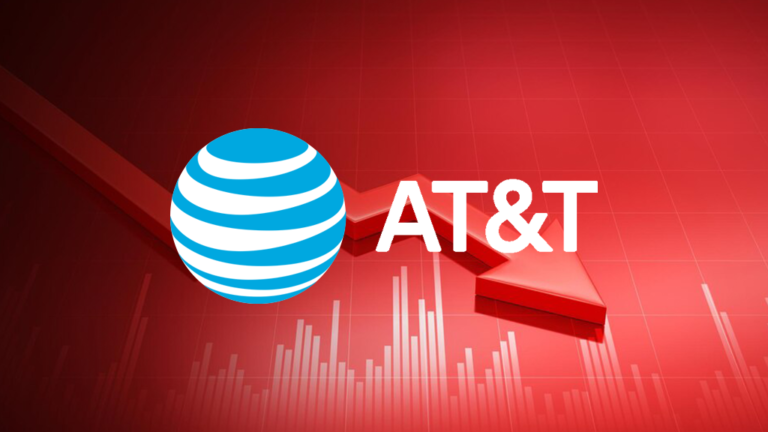AT&T and Verizon Face Stock Plunge Amid Lead Cables Concerns

July 18, 2023: AT&T and Verizon, two major US telecommunications giants, experienced significant declines in their stock prices due to mounting concerns over toxic lead cables. A Wall Street Journal investigation exposed the existence of abandoned lead-sheathed cables, contaminating soil and water sources across the country. As a result, both companies face potential legal and reputational damages.
The July 9 report triggered a series of downgrades, leading to AT&T’s stock hitting its lowest point in 30 years on July 17. Analysts fear that the consequences of the toxic cables could escalate, impacting both the companies and their shareholders.
Citigroup downgraded AT&T’s stock to neutral, causing a nearly 7% drop, while JPMorgan cut its price target from $22 to $17 due to concerns related to the lead-sheathed cables. The situation added pressure on AT&T, which faced challenges in its wireless and fiber growth businesses.
Senator Edward Markey initiated scrutiny by requesting information from USTelecom regarding the cables’ locations, mileage, and companies’ plans for testing and remediation. In addition, shareholder rights firm Glancy Prongay & Murray launched an investigation into potential violations of federal securities laws by AT&T.
Citi and JPMorgan anticipate that AT&T will be most exposed to the lead cable issue due to its vast local exchange carrier business and extensive long-distance network, reaching approximately 40% of US homes.
Despite the concerns raised by the Wall Street Journal’s investigation, AT&T contested the findings, stating that the testing methodologies used were flawed and compromised by a conflict of interest. The company emphasized that the cables pose no public health risk when appropriate safety measures are in place.
Furthermore, AT&T faces other challenges, including downward revisions for its wireless and fiber growth businesses, a slowdown in subscriber growth for postpaid phone plans, and high-interest rates.
The government faces a difficult decision regarding who should bear the lead remediation costs. If they force Independent Local Exchange Carriers (ILECs) like AT&T to cover the expenses, some companies may face bankruptcy, slowing down the remediation process and infrastructure deployment. Alternatively, if ratepayers or taxpayers shoulder the costs, resources for broadband expansion to underserved markets could be affected.
According to New Street Research, the estimated cost to remediate the 2,000 miles of lead-sheathed copper wires is $60 billion, with AT&T’s share expected to exceed half of this amount.
The telecom industry, including AT&T and Verizon, has taken measures to protect workers from lead poisoning, potentially limiting their legal liabilities. However, the uncertainty surrounding the issue has triggered a fear-driven sell-off, significantly impacting their stock prices.
As the situation unfolds, investors should closely monitor regulatory developments and how telecom companies address the lead cable issue. Despite the challenges and uncertainties, some analysts consider the current low valuation of Verizon’s stock an opportunity for long-term investors, given the company’s potential to provide value for shareholders over time.
































